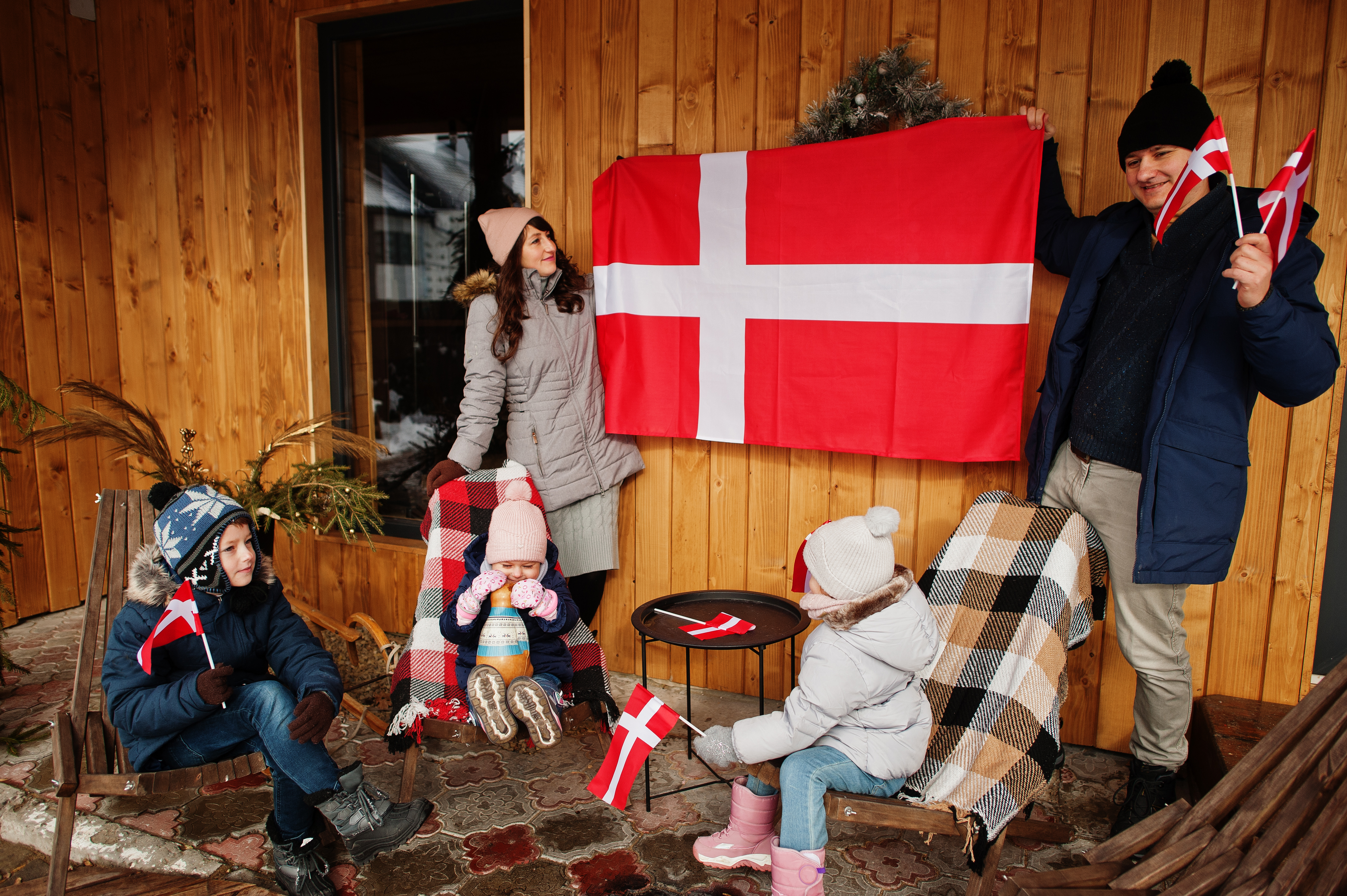10 Countries Where Mental Wellness Thrives in Remarkable Ways
In an increasingly interconnected world, mental wellness has emerged as a vital component of overall health, transcending geographical and cultural boundaries. This article explores the intriguing relationship between mental wellness and the cultural landscapes of various countries, where unique traditions, environments, and societal norms contribute to the flourishing of mental health in diverse ways. Mental wellness is not merely the absence of mental illness but a holistic state of well-being that encompasses emotional, psychological, and social aspects. It is influenced by a myriad of factors, including genetics, environment, and lifestyle. However, cultural practices and societal norms play a pivotal role in shaping mental health outcomes. In some countries, mental wellness is deeply embedded in the fabric of society, supported by strong social networks, access to nature, and cultural traditions that promote balance and harmony. By examining these countries, we can gain a deeper understanding of how cultural landscapes contribute to mental wellness and how these practices can be adapted to improve mental health worldwide.
1. Bhutan: The Land of Gross National Happiness

Bhutan, a small Himalayan kingdom, has gained international recognition for its unique approach to measuring success through Gross National Happiness (GNH) rather than Gross Domestic Product (GDP). This holistic approach to development places mental wellness at the forefront, emphasizing the importance of spiritual, physical, and emotional well-being. GNH is rooted in four pillars: sustainable development, cultural preservation, environmental conservation, and good governance. These pillars create an environment where mental wellness can flourish, supported by policies that prioritize the happiness and well-being of citizens. In Bhutan, the practice of mindfulness is deeply embedded in daily life, influenced by the country's strong Buddhist traditions. Meditation and mindfulness practices are encouraged from a young age, promoting mental clarity and emotional resilience. The Bhutanese government has integrated mindfulness into the education system, ensuring that students develop skills to manage stress and cultivate inner peace. This cultural emphasis on mindfulness contributes to a society where mental wellness is prioritized, creating a supportive environment for individuals to thrive. Environmental conservation is another key component of Bhutan's GNH philosophy, with the country maintaining a commitment to preserving its natural landscapes. Access to nature is known to have a positive impact on mental health, and Bhutan's pristine environment provides ample opportunities for outdoor activities and connection with nature. By fostering a deep respect for the environment and promoting sustainable living, Bhutan creates a harmonious balance between people and nature, supporting mental wellness in profound ways.
2. Denmark: The Hygge Lifestyle

Denmark consistently ranks as one of the happiest countries in the world, and much of this can be attributed to the Danish concept of "hygge." Hygge, pronounced "hoo-gah," is a cultural practice that emphasizes coziness, comfort, and connection with others. It involves creating a warm atmosphere and enjoying the simple pleasures in life, such as spending time with loved ones, indulging in good food, and appreciating the present moment. This focus on comfort and connection contributes to a strong sense of community and belonging, which are essential components of mental wellness. The Danish welfare system also plays a significant role in supporting mental wellness, providing comprehensive healthcare and social services that ensure citizens' basic needs are met. This safety net reduces stress and anxiety, allowing individuals to focus on their well-being and personal development. The Danish education system emphasizes social skills and emotional intelligence, preparing students to navigate life's challenges with resilience and empathy. This holistic approach to education and social welfare creates a supportive environment where mental wellness can thrive. Denmark's urban planning and design further contribute to mental wellness, with cities that prioritize green spaces, pedestrian-friendly streets, and cycling infrastructure. Access to nature and opportunities for physical activity are known to enhance mental health, and Denmark's commitment to sustainable urban living ensures that citizens can enjoy a high quality of life. By fostering a culture of hygge and promoting social and environmental well-being, Denmark creates an environment where mental wellness is deeply ingrained in daily life.
